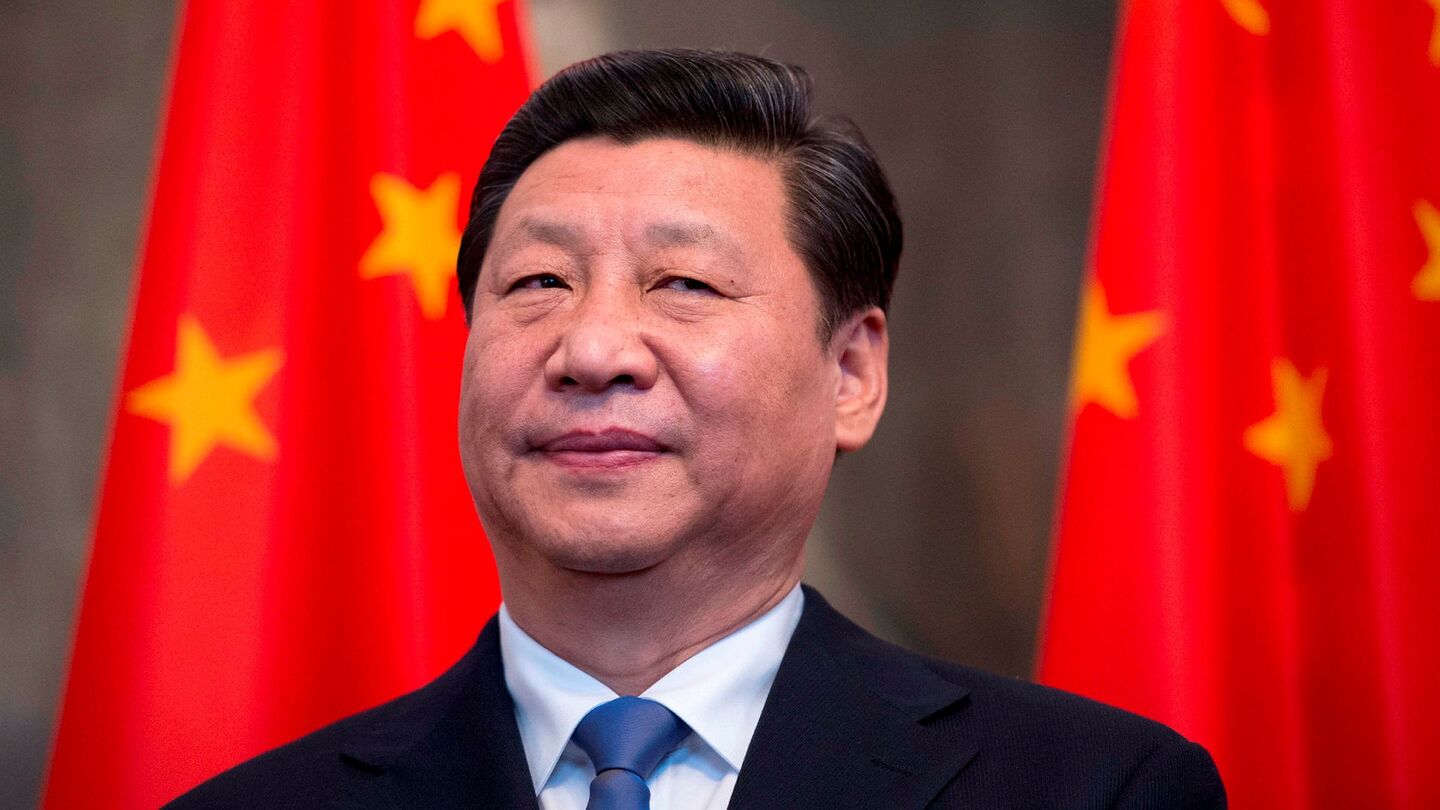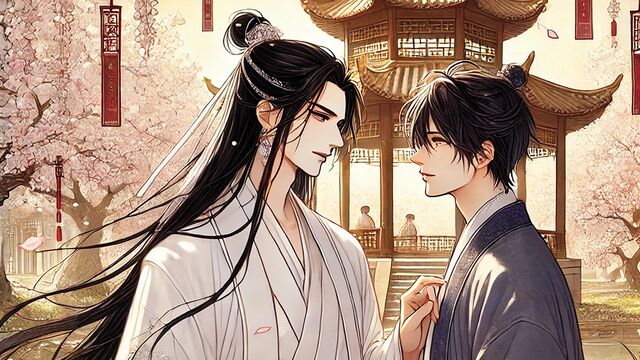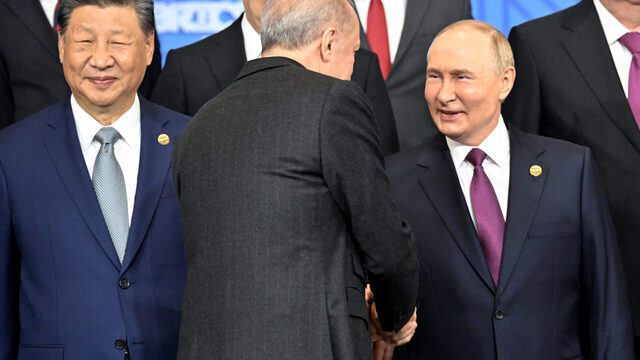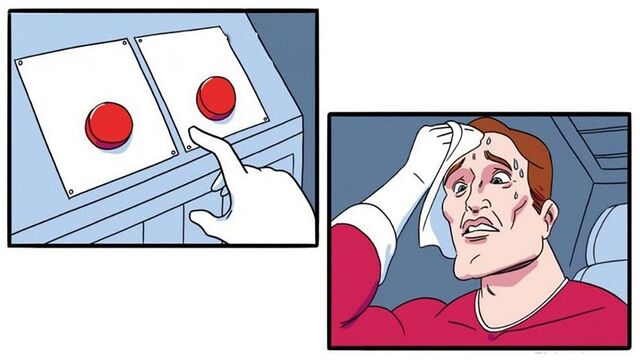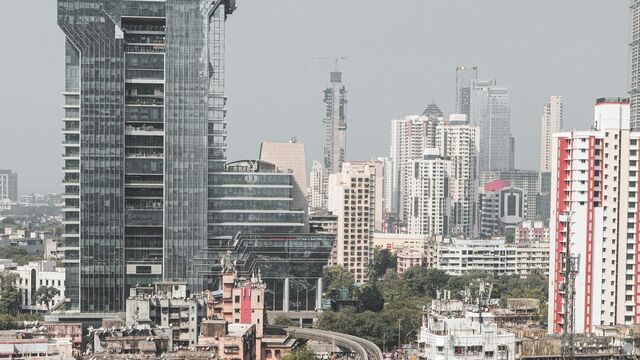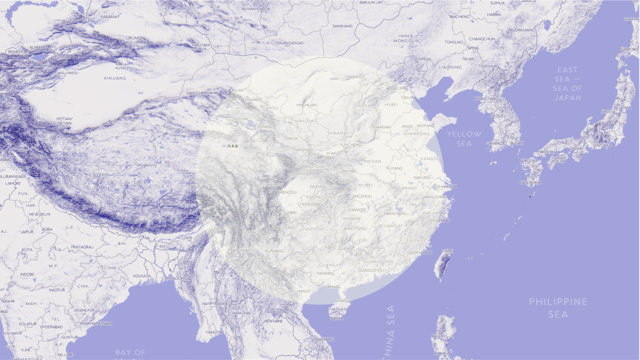In particular, the National Congress elected the Central Committee, which “carries out its resolutions, directs the entire work of the Party and represents the Communist Party of China in its external relations” when the Congress is not in session. (Constitution of the Communist Party of China, Art. 21) Immediately after the Congress closed, the new 204-member Central Committee met at its first plenary session and elected 7 members of the Standing Committee of Politburo, the highest permanent decision-making body of the party. These were joined by representatives of the main bureaucratic systems and some provincial-level party secretaries to form a 25-member Political Bureau (Politburo). (“New CPC Central Committee holds first plenary session”, 2017) The Politburo is the main decision-making body responsible for setting policies and strategy, but unlike the Standing Committee, it only convenes irregularly. (see Li 2014; Miller 2015b)
Implications of the 19th Congress for the factional politics would require a specialized analysis. However, some observations can already be made about the leadership, especially the Standing Committee.
New Standing Committee
The 19th Standing Committee of the Politburo is already known, and with regards to its composition, there were not any striking irregularities. President Xi and Premier Li Keqiang started their second term, holding the two top seats. Other 18th Standing Committee members have duly retired, as all of them have already crossed the limit of 68 years of age beyond which they were not supposed to assume further posts. (see Bo 2010:8; Miller 2016)
The new members almost all come from the senior positions in the central institutions of the Party, and they will be promoted into vacated positions in the Party and government with responsibility for the supervision over large segments of public bureaucracies.
Xi Jinping will continue serving as General Secretary of the Party and the head of state, with Li Keqiang as Premier of the State Council (the government). Li Zhanshu, formerly a head of the General Office of the Central Committee, responsible for administration, planning, and documentation flows in the party center will probably be proposed – and elected – to lead National People`s Congress (NPC), a legislative assembly.Wang Yang, formerly Premier Li`s Vice-Premier, will take a similar position as president of the Chinese People`s Political Consultative Conference (CPPCC), a non-legislative assembly with consultative function.Wang Huning, formerly director of the Central Policy Research Office, an institution responsible for research, policy advice and drafting strategic documents, has become First Secretary of the Secretariat. In this position, he will function as CPC`s internal premier, overseeing work of its functional departments.Wang is the most interesting person of the new leaders. Until the mid-1990s, he was a political science scholar at Fudan University. After being recruited to the party bureaucracy, his career displayed remarkable continuity. Observers consider him a thinker who was instrumental in drafting doctrines for Jiang Zemin (the idea of Three Represents), Hu Jintao (Scientific Outlook on Development) and Xi Jinping (Chinese Dream). (see Li et al. 2017; Wang 2017) It is likely that Wang Huning will also have an influence on external agenda: he regularly accompanied president Xi on his foreign travels, usually taking one of the central seats during negotiations.In contrast with virtually all other leaders, Wang Huning`s personal views on policy issues are available to outside observers, because they can be found in his writings from the 1980s and 1990s. Published works even include his diary Political Life written at the end of his academic career. Based on these texts, Wang counted among those who have been labeled "neo-authoritarians" (Fewsmith 2001:76, 87–90; Blanchette 2017). It is possible his appointment is meant to signal this policy orientation to the world.The sixth member of the Standing Committee is Zhao Leji who was the head of the Organization Department of the Central Committee and in charge of official appointments and personnel evaluation. He has become Secretary of the Central Commission for Disciplinary Inspection (CCDI). CCDI is the institution that carries out Xi Jinping`s flagship intra-party policy: anti-corruption campaign. It is to be seen how it will fare under the leader who was previously responsible for placing the officials at their current posts.The last new member comes directly from a local government: Han Zheng, formerly municipal Party Secretary of Shanghai, is likely to become First Vice-Premier with responsibilities related to economic affairs.As for representativeness, the new Standing Committee does not contain any representative of security apparatus, and only Xi Jinping has had any higher-standing experience with the military during his official career. Similarly, the propaganda, one of the functional departments, is represented on the highest level only by Wang Huning who supervises it, but who is an outsider to the system. In contrast, his predecessor Liu Yunshan, a number 5 of the 18th Standing Committee, came from inside the propaganda bureaucracy.Except for Wang Huning who has spent his entire political career in the party center, all other 19th Standing Committee members have served for extended periods of time in the provinces. In the context of Xi Jinping`s promise to take “inadequate and unbalanced development” as the principal contradiction, it can be noted that their provincial records are dominated by places with serious problems, including poverty, environmental degradation or deindustrialization: Guizhou, Qinghai, Hebei, Liaoning, and Heilongjiang.From the point of view of factional politics (Li 2009, 2014; Bo 2010; Miller 2015a), there are two members associated with Youth League faction (Li Keqiang and Wang Yang), three associated with Shanghai politics (Han Zheng, Wang Huning, and Xi Jinping, who served there shortly back in 2007). In general, Li Zhanshu, Zhao Leji and probably also Wang Huning
No heir apparent
Probably the most puzzling outcome of the 19th Congress is that the new Standing Committee does not contain any obvious candidate to take over after Xi Jinping as the party and country leader in 2022. The situation contradicts a pattern suggested by precedents from Jiang Zemin and Hu Jintao`s administrations.: the odd-number Congresses, held after first five years of a given supreme leader, bring into the Standing Committee younger leaders to be trained as a future president and premier. Hu Jintao spent full ten years on the Standing Committee during Jiang Zemin`s administration; and Xi Jinping and Li Keqiang entered Standing Committee at the 17th Congress in 2007, before coming to power five years later.The new 19th Standing Committee does not contain any obvious successors. There had been two younger politicians who, due to their career pattern, were expected to reach Standing Committee at the 19th Congress as prospective leaders – Sun Zhengcai, party secretary of Chongqing, and Hu Chunhua, party secretary of Guangdong. However, in July 2017, just months before the Congress, Sun Zhengcai was placed under investigation for serious violations of party discipline. And Hu Chunhua, the remaining favorite and protégée of former President Hu Jintao, did not reach Standing Committee either. Shortly after the Congress, he left provincial secretaryship in Guangdong, but still remains a “free” member of the Politburo.More recently, observers noted yet another young candidate, allegedly enjoying President Xi`s intensive support. It was Guizhou provincial party secretary Chen Min`er. (Bo 2015) It was Chen who substituted the hastily dismissed Sun Zhengcai in Chongqing. However, neither Chen Min`er appeared among the newly elected Standing Committee members.Theoretically, four of the Standing Committee seven members will be able to continue to serve in the leadership beyond the 2022 National Congress without breaking the rule of retirement at or just after 68: Premier Li Keqiang, Wang Yang, Wang Huning and Zhao Leji. Even though Wang Huning has never served in the central or local government, Li Keqiang, Wang Yang and Zhao Leji do have career patterns qualifying them for potential supreme leadership. However, all of them will reach 68 by the year 2027, and if they took over the highest office in 2022, they would not be eligible to stand for the second term.Finally, another theory says that perhaps Xi Jinping himself intends to extend his stay beyond 2022. (Lam 2017) There are two rules in the way. The first is the rule about retirement age: in 2022 Xi Jinping will be 69 years old. The other rule is contained in the Constitution of the PRC, which limits the presidency to two consecutive terms. (Constitution of the People`s Republic of China, Section 2, Article 79) Therefore, an extension of current leadership beyond 2022 would require pro-active steps, not just replication of current arrangements.
Concluding remarks
Given the opacity of Chinese elite politics, predictions of future developments in terms of elite politics remain very tricky, especially where they are based on a deduction from several general principles. Several caveats are necessary when using them as a background to foreign policy analysis:
First, when we talk about precedents, we are mostly talking about Hu Jintao`s era (2002 – 2012). Not only Mao Zedong`s and Deng Xiaoping`s but also Jiang Zemin`s time in power was exceptional. Jiang became General Secretary in 1989 in the aftermath of Tiananmen and first served until the National Congress in 1992. It was then that he embarked on “regular” two-term tenure. The rule of 68 was established during his term, and it was applied at the National Congress in 1997 with one exception – Jiang himself. Eventually, Jiang resigned from General Secretaryship in 2002, handing it over to Hu Jintao, but he continued for two more years as the head of the Central Military Commission, effectively controlling the military. In other words, we deal with recent empirical regularities, not binding precedents.
Further, it is probably misguiding to use Hu Jintao era as a benchmark for estimating Xi Jinping`s intentions and strategy. Hu Jintao represented a very low-key leadership determined by several factors: continuing influence of Jiang Zemin and the need for factional balancing (Li 2009; Bo 2010); a genuine intention to build a highly institutionalized collective, rather than individual, central leadership (see Hu Angang 2014:5–8); and Hu Jintao`s own personal style (Lam 2006:10–14. There are indications that this experiment may not in future be considered entirely successful.
Consequently, current institutions and procedures may go through adjustments. This concerns the questions whether the Politburo Standing Committee should be a “team of rivals” balancing interests (Li 2009; 2014), or rather a circle of trusted advisors; the application of the rule of retirement at 68; a congruence between supreme leader`s (individual) succession and overall (collective) generational change; and managing a pool of prospective leaders as well as handling the situations when would-be successors underperform etc.
About the author
Michal Vavřík works at the Department of Law, Politics and Public Administration of HebeiNormal University in Shijiazhuang. He is interested in connections between ideology, geopoliticsand international affairs.
Some sources consulted in writing this article:
Blanchette, Jude (2017) Wang Huning`s Neo-Authoritarian Dream. Jude Blanchette`s blog. Available at:
http://www.judeblanchette.com/blog/2017/10/20/wang-hunings-neo-authoritarianism-dreamBo Zhiyue (2010) China`s Elite Politics: Governance and Democratization. Singapore: World Scientific Publishing.Bo Zhiyue (2015) Is This Man China`s Next Leader? The Diplomat, August 3, 2015. Available at:
https://thediplomat.com/2015/08/is-this-man-chinas-next-leader/Constitution of the Communist Party of China Revised and Adopted at the Eighteenth National Congress of the Communist Party of China on November 14, 2012. Available at:
http://www.idcpc.org.cn/english/cpcbrief/partyconstitution/index.htmlFewsmith, Joseph (2004) China Since Tiananmen: The Politics of Transition. Cambridge: Cambridge University Press.Hu Angang (2014) China`s Collective Presidency. Berlin, Heidelberg: Springer Verlag.Lam, Willy Wo-Lap (2006) Chinese Politics in the Hu Jintao Era: New Leaders, New Challenges. Armonk, London: M. E. Sharpe.Lam, Willy Wo-Lap (2017) Has Xi Jinping Become “Emperor for Life”? China Brief. Available at:
https://jamestown.org/program/xi-jinping-become-emperor-life/Li, Cheng (2009) China`s Team of Rivals. Foreign Policy, October 1, 2009. Available at:
http://foreignpolicy.com/2009/10/01/chinas-team-of-rivals/Li, Cheng (2014) China`s Communist Party-State: The Structure and Dynamics of Power. In: Joseph, William A. (ed.) Politics in China: An Introduction. Oxford: Oxford University Press, p. 192 – 223.Li, Cheng (2017) Wang Huning. Brookings Institution. Available at:
https://www.brookings.edu/wp-content/uploads/2017/10/china_20171013_19thpartycongress_wang_huning.pdfLungu, Andrei (2017) How powerful is Xi Jinping? The Romanian Institute for the Study of the Asia-Pacific. Available at:
http://risap.ro/en/how-powerful-is-xi-jinping/Miller, Alice (2015a) The Trouble with Factions. China Leadership Monitor, Issue 46. Available at”
https://www.hoover.org/sites/default/files/research/docs/clm46am-2.pdfMiller, Alice (2015b) Politburo Process Under Xi Jinping. China Leadership Monitor, Issue 47. Available at:
https://www.hoover.org/research/politburo-processes-under-xi-jinpingMiller, Alice (2016) The Road to the 19th Party Congress. China Leadership Monitor, Issue 51. Available at:
https://www.hoover.org/sites/default/files/research/docs/clm51am.pdf“New CPC Central Committee holds first plenary session.” China Daily, October 25, 2017. Available at:
http://www.chinadaily.com.cn/china/19thcpcnationalcongress/2017-10/25/content_33686701.htmWang Yi (2017) Wang Huning: China`s Antidote to Strongman Politics. The Diplomat, November 22, 2017. Available at: https://thediplomat.com/2017/11/wang-huning-chinas-antidote-to-strongman-politics/Personal and career data come from China Vitae (chinavitae.com) and Baike (baidu.baike.cn).
